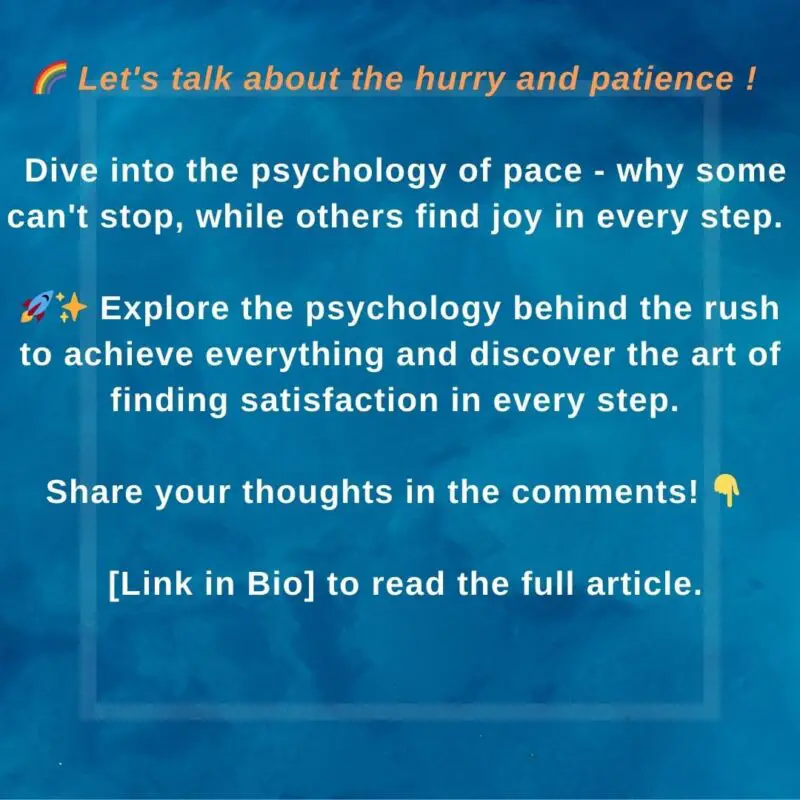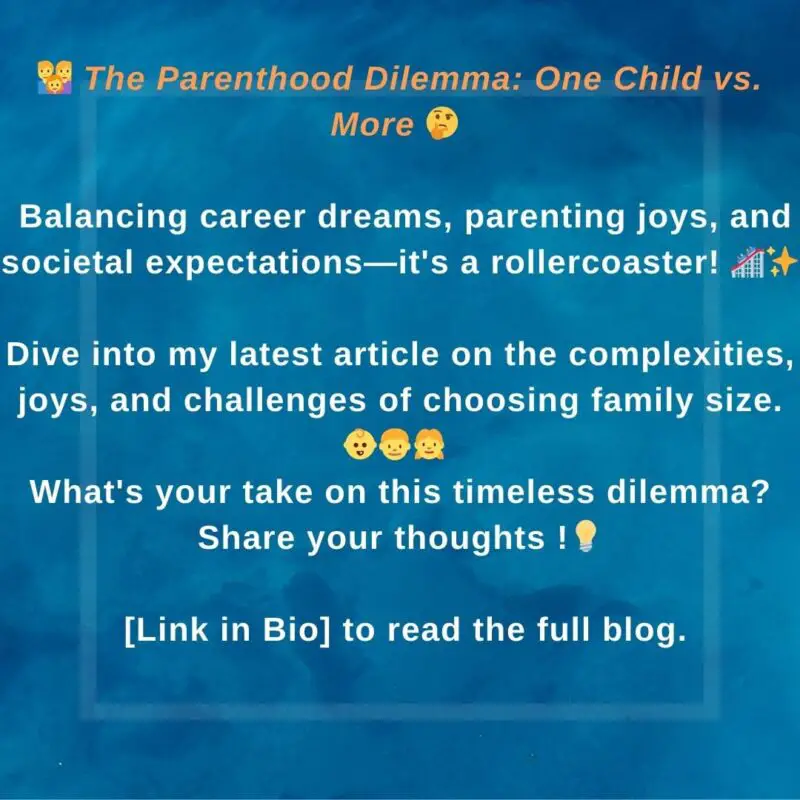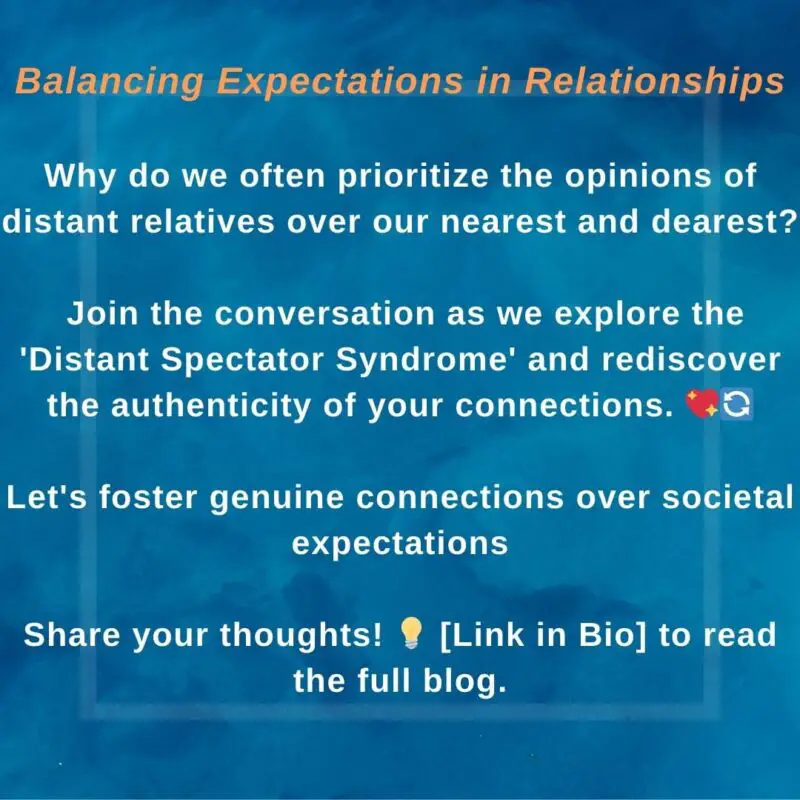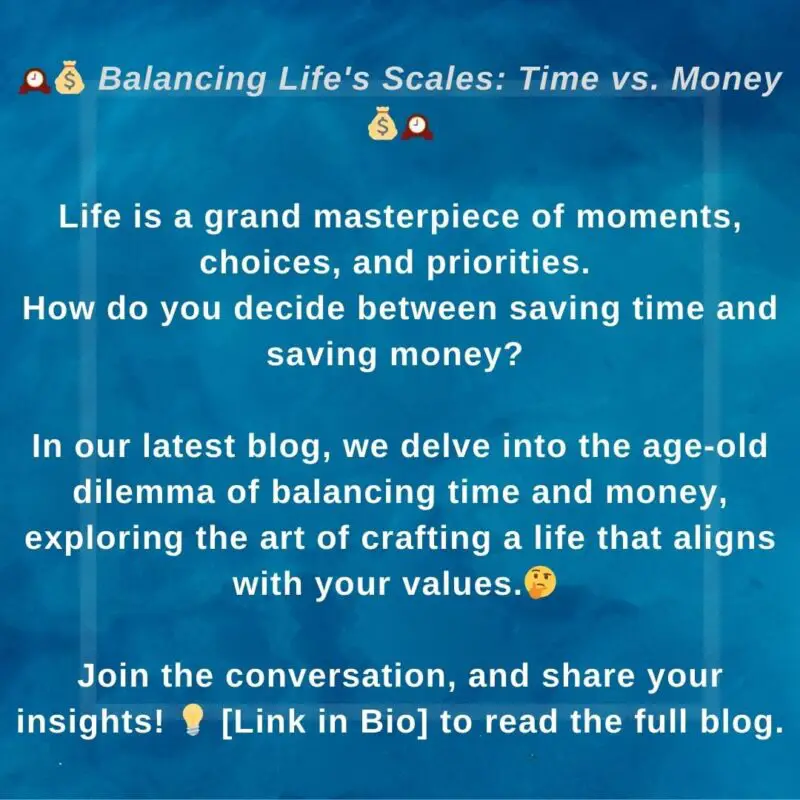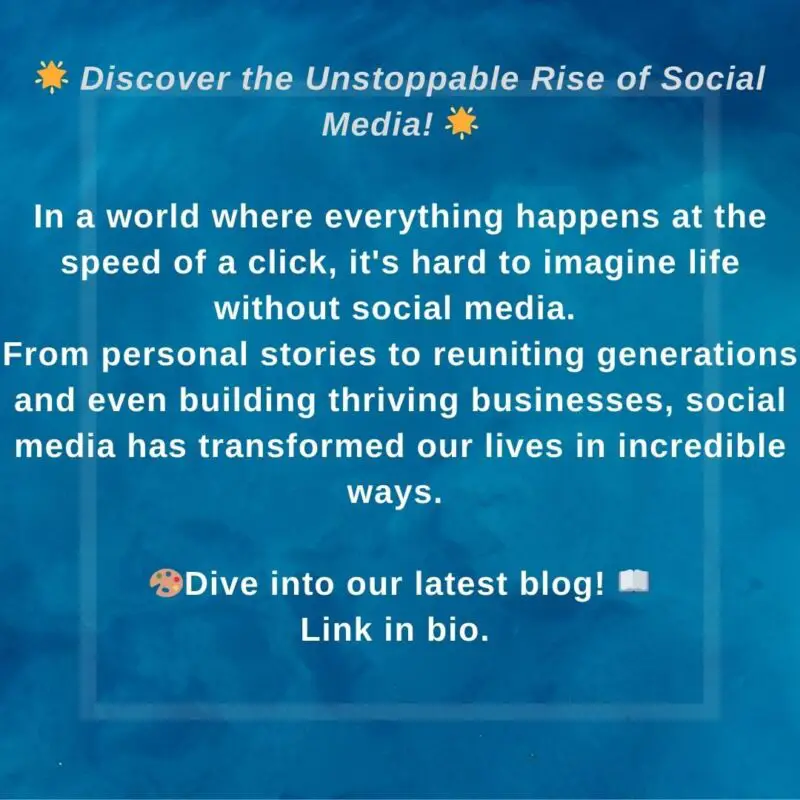Embark on a transformative journey as we redefine arguments, turning them into an emotional symphony of diverse perspectives. Discover the art of active listening and mutual growth, where disagreements become threads in the tapestry of shared knowledge.
Introduction: In the realm of communication, the terms “discussion” and “argument” often elicit contrasting reactions. While discussions are hailed as the epitome of healthy exchange, arguments, on the other hand, carry a weight of negativity. However, what if we challenged this perception? What if arguments were seen not as clashes to win but as avenues for understanding? Let’s embark on a journey to unravel the beauty within the art of argument: A Path to Healthy Conversations.
Breaking the Stereotype: In popular discourse, discussions are often deemed virtuous, symbolizing a harmonious sharing of thoughts. Arguments, meanwhile, are unfairly burdened with the stigma of conflict, portraying individuals as adversaries rather than collaborators. But what if we reconsidered the narrative?
The Essence of Argumentation: At its core, an argument is not a battle to be won but a perspective to be shared. It’s a canvas where diverse ideas can paint a richer picture. Engaging in an argument doesn’t necessarily mean proving oneself right and the other wrong; instead, it’s an opportunity to unveil different shades of truth.
Active Listening: The key to transforming arguments lies in the art of active listening. Rather than preparing counterarguments while the other speaks, let’s strive to absorb their viewpoint. Understanding the “why” behind actions opens doors to empathy and enriches our own perspectives.
Mutual Growth: Arguments, when approached with an open mind, become catalysts for mutual growth. Each participant brings a unique set of experiences and insights to the table. A healthy argument isn’t a competition but a cooperative effort to refine ideas, discover common ground, and foster personal development.
Shifting Perspectives: Imagine if, instead of perceiving arguments as threats, we viewed them as invitations to explore alternative angles. A shift in perspective can turn what seems like a clash of egos into a dance of intellects, where ideas waltz gracefully, leaving room for adaptation and enlightenment.
From Argument to Discussion: The journey from argument to discussion is a subtle transition facilitated by understanding and empathy. As we engage in arguments, let’s recognize the value each viewpoint brings. Rather than dismantling opposing ideas, let’s weave them into the fabric of a discussion, creating a tapestry of collective wisdom.
Conclusion: In the grand tapestry of communication, discussions and arguments are threads that, when woven together, create a masterpiece of shared knowledge. Let’s liberate arguments from their negative connotations and embrace them as instruments of enlightenment. After all, it’s not about proving who is right; it’s about discovering what is right together.


